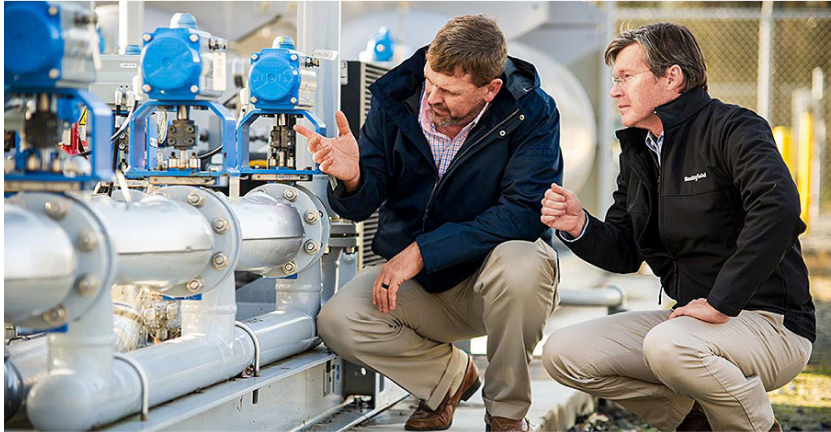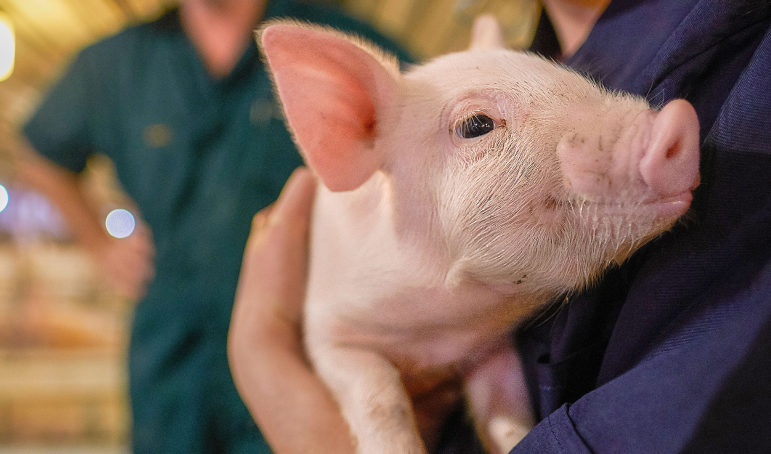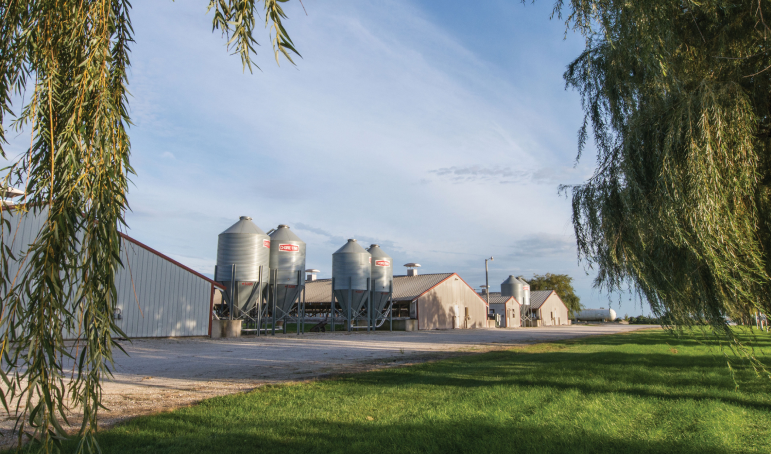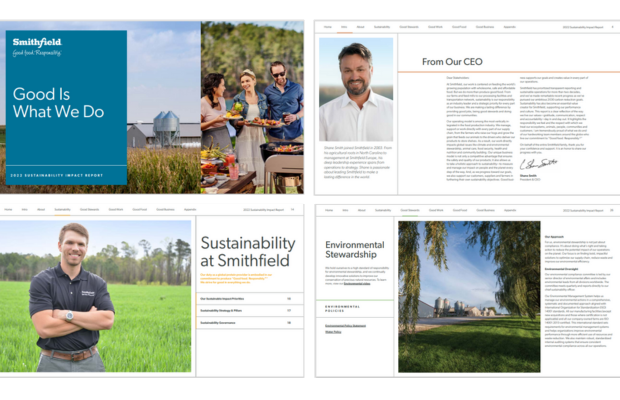
What makes Smithfield’s sustainability strategy so successful?
Continuous improvement is ingrained in our culture and foundational to our strategy. Our pursuit of better has helped us develop a legacy of providing the world’s growing population with safe, affordable food. This means that sustainability is not only about transparent reporting for Smithfield. It’s also about improving our operations. Every day, our workers around the globe strive to build upon our heritage to produce food more efficiently and with less impact on the environment. Our culture of continuous improvement is bolstered by years of initiatives and successes, and embodied in our ISO 14001 Environmental Management System (EMS). From environmental stewardship to food safety, Smithfield has researched, innovated and implemented best practices for decades to help drive progress and set higher standards across our business and industry.
What makes Smithfield’s approach to sustainability different?
We have been intentional about our business growth, expanding our operations to reach every part of our value chain. When it comes to sustainability, this level of vertical integration differentiates us and gives us the power to manage our impact and ignite meaningful change in both our company and our industry. From grain farming and hog genetics to consumer marketing and product tracking, sustainability is part of our strategy and day-to-day operations in almost every step of our value chain. We have also entered adjacent markets that advance our sustainability goals. For example, our expansion into bioscience both reduces waste in our supply chain and serves a public good by bringing innovative, life-saving pharmaceutical products to market. Our unique level of vertical integration allows us to trace those products, such as heparin, through the supply chain, making Smithfield a trusted research partner and supplier.
What has been the most challenging?
The pork industry is highly regulated. At Smithfield, compliance is paramount, and we focus heavily on “beyond compliance” programs. At the same time, our company and industry often face negative publicity around modern agriculture, and it is our responsibility to be good stewards. For more than 20 years, we have addressed this fundamental challenge head-on with our stakeholders by elevating the important work we’ve always done through our sustainability program while feeding a growing population and providing good jobs. We are fortunate to have dedicated, motivated team members across our entire value chain working to innovate our processes and products so we can fulfill this important work while using less land, water and energy and producing less waste.
What future opportunities excite you the most?
The progress we have made as a management team to unify around our sustainability goals is particularly exciting. I expect our shared team vision to have a substantial impact as we forge ahead across all seven of our sustainability impact pillars: animal care; diversity, equity and inclusion; environment; food safety and quality; health and wellness; helping communities; and worker health and safety. Several significant initiatives hold a great deal of promise for Smithfield:
- We have elevated community outreach and development within the management team to centralize our efforts for the greatest impact.
- We’ve made substantial investments in renewable energy and bioscience projects, including joint ventures and partnerships that hold significant promise for future innovation. As a board member and active team member on these partnerships, I’m privileged to witness the brilliant minds and innovative outcomes of this work firsthand.
- We continue to execute our Unity & Action strategy to promote diversity. These programs have made a tremendous impact in less than two years, and it’s exciting to think about how new partnerships and expansion of these initiatives could shape our company and industry.
Dive into the Report
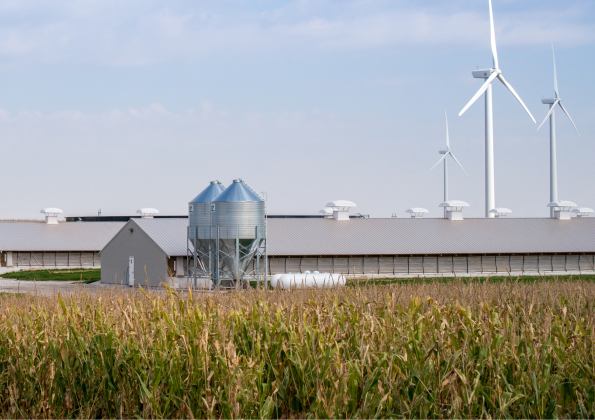
.png)
